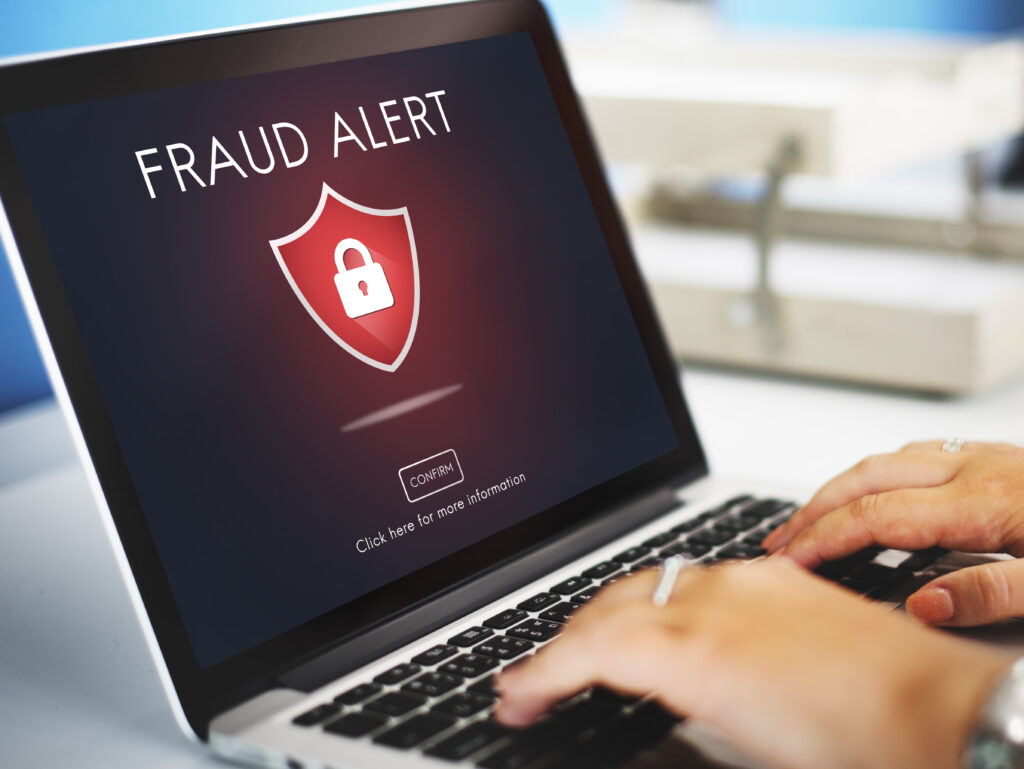Why Cyber Crime Police Freeze Bank Account Without Notice
Why Cyber Crime Police Freeze Bank Accounts Without Notice In India, with the rapid growth of digital banking, online investments, and crypto trading, cyber fraud has become increasingly common. Sometimes, even innocent account holders suddenly find their bank accounts frozen by the Cyber Crime Police without any prior notice. This can be alarming and financially stressful. This blog explains why such account freezes occur, the legal framework behind them, and the steps to protect yourself. What Does a Bank Account Freeze Mean? When the Cyber Crime Police freeze your bank account: You may not be able to withdraw, transfer, or access funds. In some cases, only a specific amount (lien) is blocked. Freezing is done to preserve evidence and prevent fraudulent money from moving while investigations are ongoing. Often, the account holder receives little or no prior notice to prevent tampering or transfer of funds by potential suspects. Legal Authority for Freezing Bank Accounts The Cyber Crime Police operate under several laws that allow them to freeze accounts: Information Technology Act, 2000 (Sections 66C & 66D) – Deals with identity theft, cheating by impersonation, and online fraud. Indian Penal Code (IPC) Section 420 – Cheating and dishonesty causing wrongful loss. CrPC/BNSS Sections – Allows authorities to restrict access to accounts during investigations. These provisions give law enforcement the authority to act swiftly without prior notice if the account is suspected in cybercrime activity. Common Reasons Accounts Get Frozen Without Notice Online Fraud Investigations – If your account is linked to fraudulent transfers, the police may freeze it immediately. Crypto & P2P Transactions – Binance USDT, P2P crypto trades, or other online currency transactions flagged as suspicious. Gaming & Betting Apps – Deposits or winnings associated with illegal online gaming or betting platforms. Identity Theft or Account Misuse – Someone may use your account for fraud without your knowledge. Large Suspicious Transfers – Sudden high-value transactions can trigger automatic investigations. Why Cyber Cell May Act Without Notice To Prevent Evidence Tampering – Giving prior notice might allow money to be withdrawn or transferred. To Avoid Obstruction of Investigation – Quick action ensures the account remains frozen for forensic checks. Serious Fraud Allegations – Accounts linked to scams, fake job portals, or investment frauds may be frozen immediately. What to Do If Your Account is Frozen Without Notice Stay Calm – A freeze does not automatically mean you are guilty. Verify With Your Bank – Request information about the freeze, Cyber Cell reference, or lien. Gather All Documents – Bank statements, transaction receipts, ID proofs, and communication records. Consult a Cyber Crime Lawyer – A skilled advocate can: File a petition for unfreezing your bank account Obtain Cyber Cell NOC Represent you in court proceedings if required Respond to Any Notices – If the Cyber Cell issues a 14C or other notice later, respond professionally with legal guidance. Safety Measures to Avoid Account Freezes Do not allow unknown individuals to deposit money into your account. Avoid acting as a middleman in crypto or online investment transactions. Keep all proof of legitimate transactions. Avoid illegal gaming, betting apps, or unverified online investment schemes. Report fraud immediately to 1930 or www.cybercrime.gov.in. Bank accounts may be frozen without notice by the Cyber Crime Police to secure evidence and prevent fraudulent fund transfers. Immediate action, proper documentation, and guidance from an experienced cyber crime advocate are essential to protect your rights and unfreeze your account. Disclaimer This blog is for informational purposes only and should not be construed as legal advice. We are not engaging in any advertisement or solicitation through this content. For immediate assistance, call the National Cyber Crime Helpline 1930 or file a complaint at www.cybercrime.gov.in.

